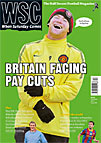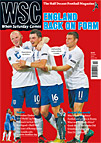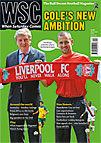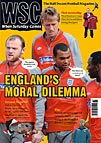 The job description of manager in Argentina is far removed from the role in European football. Joel Richards explains why this is causing problems for some of the South American clubs
The job description of manager in Argentina is far removed from the role in European football. Joel Richards explains why this is causing problems for some of the South American clubs
Carlos Bianchi walked in to rousing applause. Known as “the Viceroy”, the most successful coach in Boca Juniors history was back at the Bombonera and the press room was packed. Yet despite his nine trophies in five years at Boca, Bianchi was not being unveiled as the new coach. In his third spell at the club, he would help out his former team-mate and current coach Carlos Ischia, but from behind the scenes. He would be el manager.


